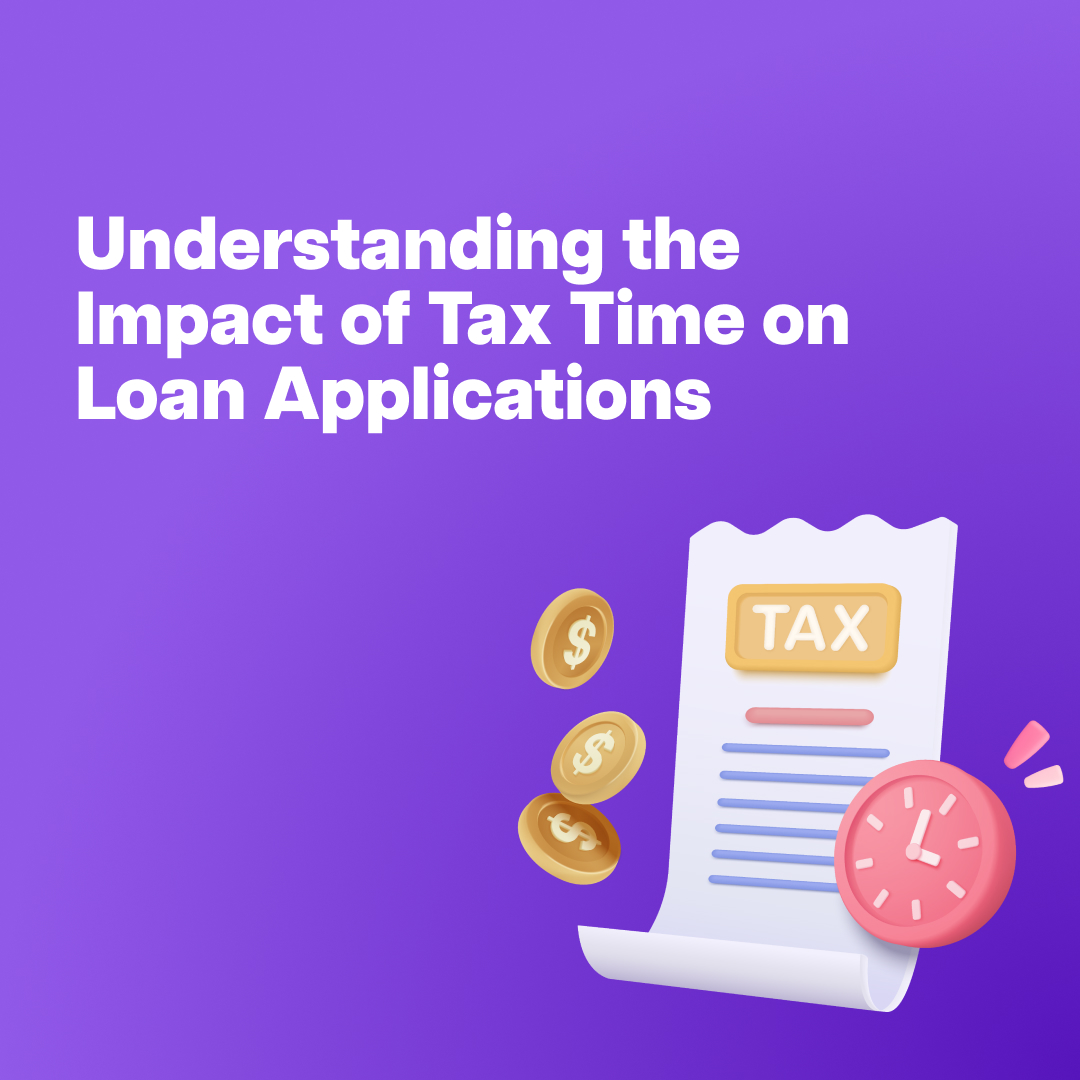Sign up to our fortnightly newsletter that adds value to your mornings - rather than just adding clutter to your inbox.
While you wait for your morning coffee, get educated on all things money management, taxes, interest rates and credit scores - to help improve your financial wellness


Maximising Your Tax Refund: Tips and Strategies for Individuals and Small Business Owners (A Checklist for Tax Time in Australia)
Ah, tax time. That magical time of year where we all scramble to get our finances in order and hope that the tax gods will bless us with a sweet, sweet refund. But let's face it, maximising your tax refund is no easy feat. With the ever-changing tax laws and regulations, it can be challenging to know where to begin. Fear not, my friends, for I am here to provide you with a checklist of tips and strategies for individuals and small business owners to help maximise your tax refund in Australia.

Tax Deductions and Loan Interest: What You Need to Know
Tax deductions are a critical aspect of reducing your tax liability and maximising your financial position. One tax deduction that can significantly reduce your taxable income in Australia is the loan interest deduction. This deduction is available to individuals and businesses that have taken out a loan for investment or operational purposes...

What's New for Tax Time in Australia: Key Changes and Updates for the Current Financial Year
Tax time in Australia is a crucial period that every citizen must abide by. It is the time when individuals and businesses must report their earnings and tax payments for the financial year. This year, there are several key changes and updates that every Australian needs to be aware of to avoid any legal penalties. In this article, we will highlight the significant updates and changes for the current financial year...

Understanding the Impact of Tax Time on Loan Applications
Tax time can prove to be a particularly arduous season for many Australians, with individuals and businesses frantically scrambling to meet their tax obligations, which can also hinder their ability to secure loans. This article aims to provide an insightful overview of how tax time can impact loan applications in Australia and offer effective measures individuals and businesses can take to mitigate any negative effects.
Tax time can prove to be a particularly arduous season for many Australians, with individuals and businesses frantically scrambling to meet their tax obligations, which can also hinder their ability to secure loans. This article aims to provide an insightful overview of how tax time can impact loan applications in Australia and offer effective measures individuals and businesses can take to mitigate any negative effects.
When it comes to loan applications, lenders generally request financial documents such as tax returns, financial statements, and pay slips to assess an applicant's financial health and creditworthiness. However, during tax time, these documents may not be readily available, especially if the applicant has not yet filed their tax return.
Furthermore, if an applicant owes tax or has a tax debt, this may negatively impact their credit score and their ability to secure a loan. This is because tax debts are considered a form of outstanding debt and can be viewed by lenders as an indicator of financial instability.
Another factor that can impact loan applications during tax time is the processing times for tax returns. As the Australian Taxation Office (ATO) receives a high volume of tax returns during tax time, it may take longer than usual to process and finalise these returns. This can delay loan applications, as lenders often require up-to-date tax returns as part of their assessment process.
Fortunately, there are steps that individuals and businesses can take to mitigate the impact of tax time on their loan applications.
It's important to plan ahead and ensure that all necessary financial documents are up-to-date and available well in advance of any loan applications. This includes tax returns, financial statements, and pay slips. By planning ahead, applicants can avoid any delays in the loan application process.
If an applicant has outstanding tax debts, it's important to prioritise paying these debts before applying for a loan. This will not only improve their credit score but also demonstrate to lenders that they are financially responsible and can manage their debts.
If tax returns are not yet available, applicants can provide additional documentation such as bank statements or financial statements to demonstrate their financial health and creditworthiness.
If traditional lenders are not able to provide a loan due to tax-related issues, applicants can consider alternative lenders such as online lenders or peer-to-peer lending platforms. These lenders may have different lending criteria and may be more flexible in their assessment process.
In the end, it's important to remember that each lender has their own assessment criteria, and tax-related issues may not necessarily result in a loan application being rejected. By being proactive and transparent about their financial situation, applicants can increase their chances of securing a loan during tax time.
Still have questions?
If you have any questions or enquiries,
visit our FAQ bunker or give us a call.

